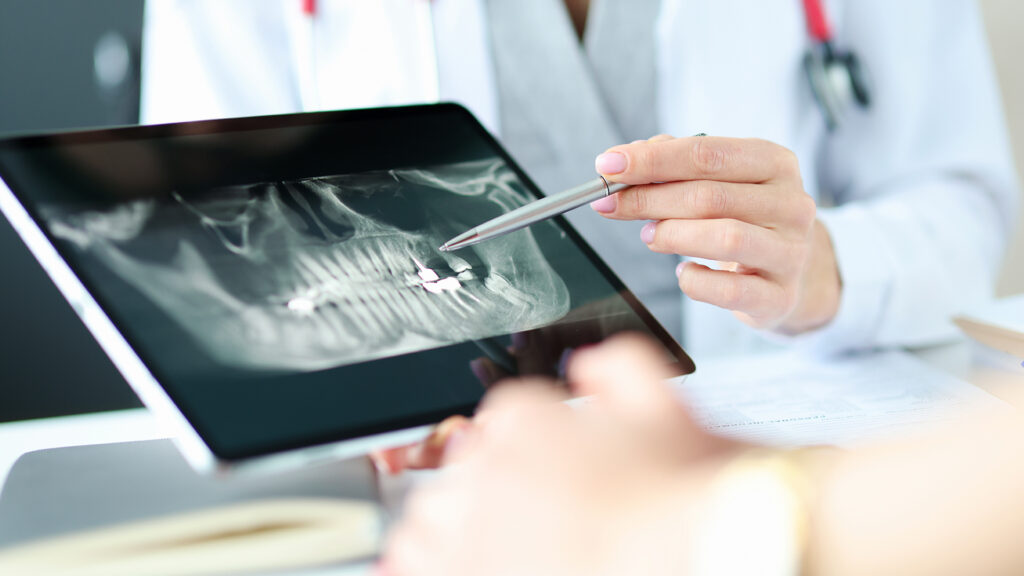In the world of dental practice, the distinction between medical and dental claims can sometimes be blurry. It is quite challenging to understand how medical billing for dental procedures work. As a dental practitioner, it is essential to understand the circumstances under which filing a medical claim might be more appropriate than a dental claim.
The sophisticated claims payment and management systems do not help either. When is a treatment performed by a dentist covered by a medical insurance and what are the applicabilities? Understanding insurance claims is a perplexing task in itself and along with that, what kind of insurance claim needs to be filed can be confusing as well, especially when it’s medical versus dental.
By navigating this nuanced decision-making process effectively, you can maximize reimbursement and ensure the best outcomes for your patients.
In this blog, we will explore key factors to consider when deciding whether to file a medical claim or a dental claim, ultimately helping you make informed decisions for your dental practice.
Understanding the Difference
Before diving into the decision-making process, let’s first clarify the fundamental distinction between medical and dental claims. Dental claims typically cover procedures directly related to oral health, such as cleanings, fillings, and extractions. These claims are filed with dental insurance providers.
On the other hand, medical claims pertain to treatments that address broader health issues that manifest in the oral cavity, such as sleep apnea, temporomandibular joint (TMJ) disorders, or oral cancer. These claims are submitted to medical insurance providers.
Factors Influencing the Decision
To determine whether to file a medical claim or a dental claim, several factors should be taken into account:
Diagnosis and Treatment: Consider the primary diagnosis for the patient’s condition. If the oral issue is a symptom or part of a broader medical condition, filing a medical claim might be more appropriate. For instance, if a patient with sleep apnea requires an oral appliance to manage their condition, a medical claim could be filed.
Insurance Coverage: Review the patient’s insurance policies and examine the specific coverage for both dental and medical procedures. Some dental insurances might offer limited coverage for certain medical treatments, while medical insurances may have provisions for dental-related procedures. Understanding the policies will guide your decision-making process.
Documentation: Accurate and comprehensive documentation is crucial. Maintain detailed records of patient examinations, diagnoses, treatment plans, and relevant medical history. Documentation should clearly establish the medical necessity and connection between the oral condition and the overall health issue being treated.
Reimbursement Rates: Compare the reimbursement rates between dental and medical insurance providers for similar procedures. In some cases, medical insurance may offer higher reimbursement rates, making it financially advantageous to file a medical claim. However, ensure that the medical billing process does not create unnecessary complexity or burdensome administrative tasks for your practice.
Case Examples
To illustrate the practical application of these considerations, let’s explore a couple of case examples:
Case 1: A patient with severe bruxism (teeth grinding) experiences chronic headaches and facial pain. After a comprehensive evaluation, it is determined that the bruxism is a result of stress and temporomandibular joint (TMJ) dysfunction. In this case, it would be appropriate to file a medical claim as the primary issue being addressed is TMJ dysfunction, which falls under medical insurance coverage.
Case 2: A patient presents with periodontal disease and requires extensive gum surgery. While periodontal disease is primarily dental in nature, if the patient has an underlying systemic condition, such as diabetes, that affects their periodontal health, filing a medical claim might be justified. The medical claim would focus on the treatment of the systemic condition, with periodontal surgery being an essential component.
Conclusion
By understanding the foundational differences medical billing for dental offices.
Determining whether to file a medical claim or a dental claim is a critical decision for dental practices. By considering factors such as diagnosis, insurance coverage, documentation, and reimbursement rates, you can make informed choices that benefits your dental practice.



